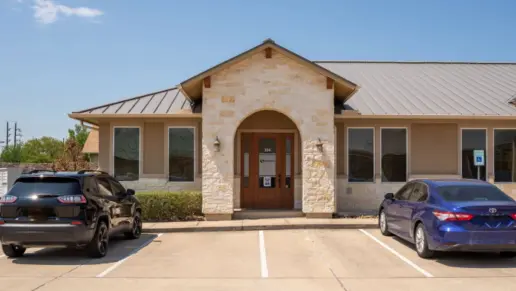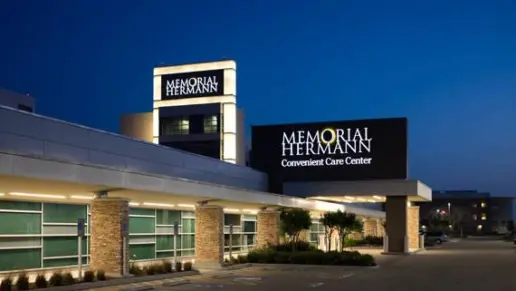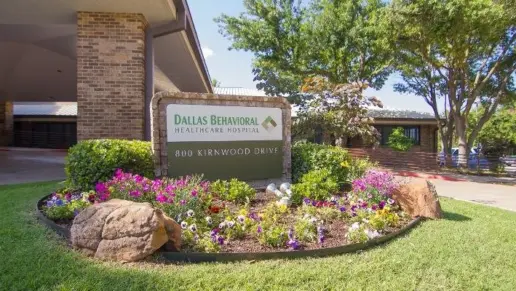Every staff member that we came into contact with was caring and professional. Our therapist Jessi, was a perfect fit for us and as a family we all grew through this experience. Our 15 year old was that marydel for three and a half months. During that time he had full medic ...
About Meridell Achievement Center
Meridell Achievement Center is a residential treatment center in Liberty Hill, Texas. They specialize in behavioral and neurobehavioral programs for children and adolescents aged 10 to 17. They offer a range of psychiatric services for patients and their families. They treat patients with substance abuse disorders, but they don't accept those whose main issue is chemical dependency.
They accept many major insurance providers. For military families they accept TRICARE. If you don’t have insurance coverage they also offer private payment plans. They don’t accept Texas Medicaid or CHIP.
Their focus is on inpatient psychiatric treatment. All patients participate in individual, family and group therapy sessions. Family therapy takes place over the phone. Patients also take part in group recreational activities.
Treatment programs are intensive and based on proven methods including cognitive behavioral therapy (CBT), systemic family therapy, dialectical behavior therapy (DBT), positive reinforcement behavioral therapy and eye movement desensitization and reprocessing (EMDR) therapy. They use a trauma informed treatment approach to help minimize anxiety and make patients feel comfortable and secure. Treatment plans are customized for each patient based on their unique needs.
Your teen may also participate in psychoeducation to help them better understand their symptoms, treatment options and coping strategies. The goal is to prepare teens and their families for life after residential treatment ends. All patients attend school sessions at the residential campus during the week.
Many patients come from military families. If you’re on active duty or a veteran of the U.S. military your child may qualify for the Patriot Support Program. This provides specialized behavioral health and substance abuse treatment to address the unique challenges faced by military dependents.
They are accredited by the Joint Commission and have earned the Gold Seal of Approval. Not every residential treatment center qualifies, and it shows Meridell’s commitment to meeting the more stringent standards.
Gold seals are impressive, but what truly stands out is what parents say. Many express appreciation for the compassionate treatment their kids receive from skilled staff who can connect with their children when other therapists and specialists cannot.
Facility Overview
Latest Reviews
Rehab Score
Gallery
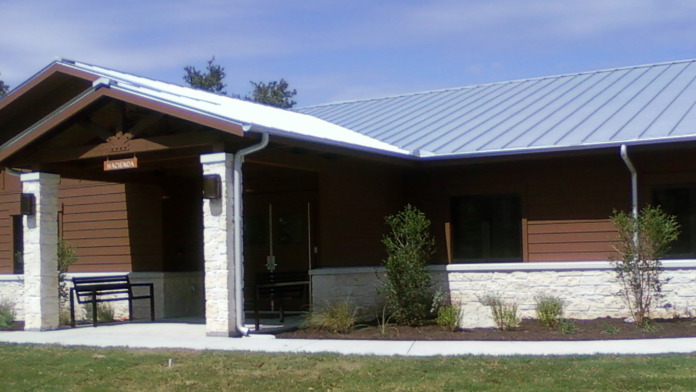
Location
Other Forms of Payment
Private insurance refers to any kind of healthcare coverage that isn't from the state or federal government. This includes individual and family plans offered by an employer or purchased from the Insurance Marketplace. Every plan will have different requirements and out of pocket costs so be sure to get the full details before you start treatment.
Self-pay involves paying for treatment out of your own pocket. You can use savings or credit, get a personal loan, or receive help from family and friends to fund your treatment. If you don't have insurance or your insurance plan doesn't cover a specific program, self-pay can help ensure you still get the care you need.
Financial aid can take many forms. Centers may have grants or scholarships available to clients who meet eligibility requirements. Programs that receive SAMHSA grants may have financial aid available for those who need treatment as well. Grants and scholarships can help you pai for treatment without having to repay.
Medicaid is a state based program that helps lower-income individuals and families pay for healthcare. Medicaid covers addiction treatment so those enrolled can use their coverage to pay for rehab. When a program accepts Medicaid the client often pays very little or nothing out of their own pocket.
Military members, veterans, and eligible dependents have access to specific insurance programs that help them get the care they need. TRICARE and VA insurance can help you access low cost or no cost addiction and mental health treatment. Programs that accept military insurance often have targeted treatment focused on the unique challenges military members, veterans, and their families face.
Addiction Treatments
Levels of Care
Treatments
Many of those suffering from addiction also suffer from mental or emotional illnesses like schizophrenia, bipolar disorder, depression, or anxiety disorders. Rehab and other substance abuse facilities treating those with a dual diagnosis or co-occurring disorder administer psychiatric treatment to address the person's mental health issue in addition to drug and alcohol rehabilitation.
Mental health rehabs focus on helping individuals recover from mental illnesses like bipolar disorder, clinical depression, anxiety disorders, schizophrenia, and more. Mental health professionals at these facilities are trained to understand and treat mental health issues, both in individual and group settings.
Programs




Clinical Services
Group therapy is any therapeutic work that happens in a group (not one-on-one). There are a number of different group therapy modalities, including support groups, experiential therapy, psycho-education, and more. Group therapy involves treatment as well as processing interaction between group members.
In individual therapy, a patient meets one-on-one with a trained psychologist or counselor. Therapy is a pivotal part of effective substance abuse treatment, as it often covers root causes of addiction, including challenges faced by the patient in their social, family, and work/school life.
Amenities
-
Residential Setting
Staff & Accreditations
Staff
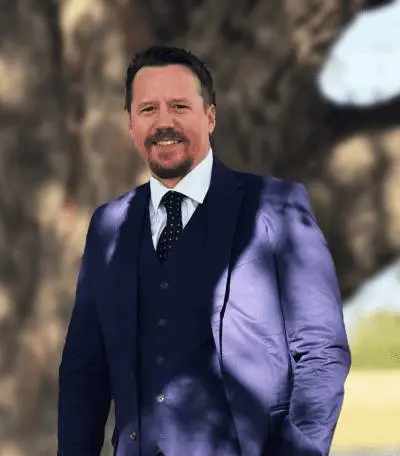
CEO
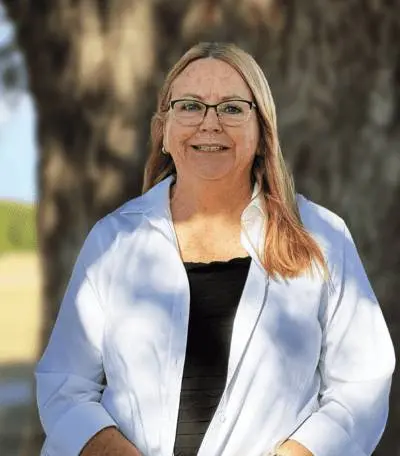
CFO
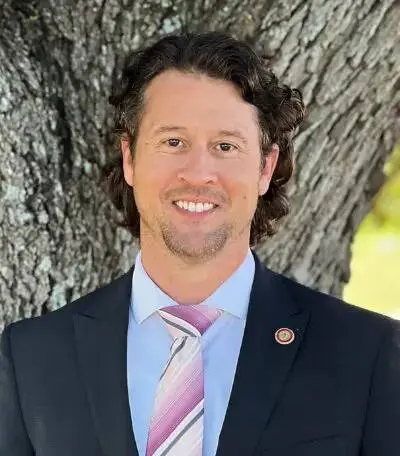
Director of Nursing
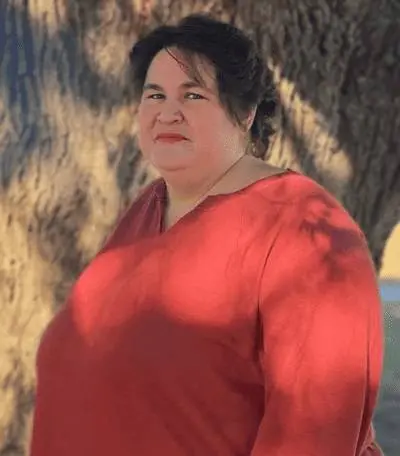
Director of Admissions
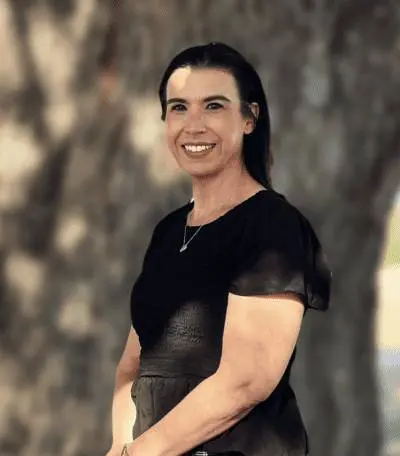
Director of Utilization Management
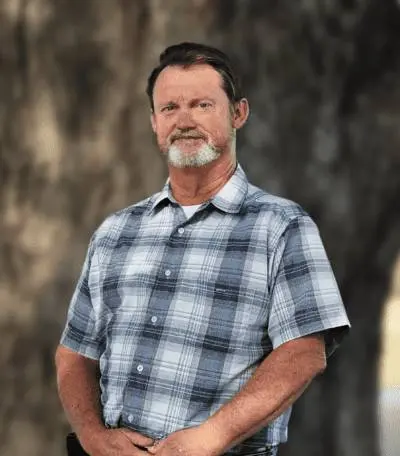
Director of Plant Operations
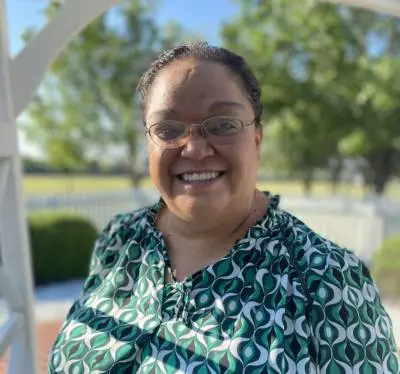
Clinical Manager
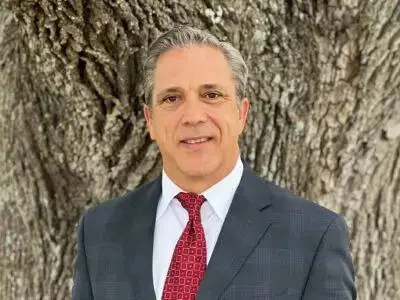
Director of Clinical Services
Accreditations

The Commission on Accreditation of Rehabilitation Facilities (CARF) is a non-profit organization that specifically accredits rehab organizations. Founded in 1966, CARF's, mission is to help service providers like rehab facilities maintain high standards of care.
CARF Accreditation: Yes

The Joint Commission, formerly known as JCAHO, is a nonprofit organization that accredits rehab organizations and programs. Founded in 1951, the Joint Commision's mission is to improve the quality of patient care and demonstrating the quality of patient care.
Joint Commission Accreditation: Yes
Contact Information
12550 West State Highway 29
Liberty Hill, TX 78642
